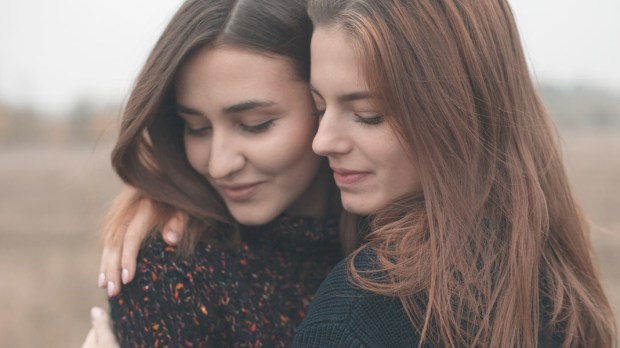There was no way I was missing the funeral. It was for my friend’s husband, who had died in the prime of his life in a fatal accident. Upon arriving, I wandered a bit and greeted some of the attendees distractedly while eagerly looking for Martha, the widow, whom I approached with a lump in my throat, hoping to comfort her.
She responded with an affectionate hug and a grateful smile, with the serene attitude of those who suffer on a human level, but who at the same time are buoyed up by hope. Martha has always had a strong interior life, just as her husband did.
I went to console her, yet by her witness, it was I who left consoled. I also left with the firm purpose, like Martha, to travel through this world without fear of life and without fear of death.
Now, even though old age is quite far away and I enjoy good health, I’ve decided to put my things in order and to structure my life in the light of the truth: although we all aspire to live a long life, the fact is that, just as one day we came into being, so we will leave it one day — possibly without warning.
I remember reading a wise saying: “Neither fear death, nor ignore it.” Just as on a sad autumn afternoon the dead leaves fall, so souls enter eternity every day, and one day each of us will be a fallen leaf.
And when we enter eternity, we will meet God.

Read more:
Memento mori: I’m planning my funeral, what about you?
I must admit that there was a time when it seemed to me that death only touched other people’s lives — that I could forget about death and pain, as long as they did not affect the lives of a family member, friend, or acquaintance. The truth is that I actually feared mortality and suffering, so I avoided (as much as possible) going to hospitals and funerals, or even reading obituaries in newspapers or on social networks.
Betting on “the good life” rather than on a good life, I had trained myself not to think that human life is finite and contingent. I did this with good intentions, but with poor results; by betting on “the good life,” I attended only to material things while forgetting my spiritual nature and my natural need for interior life.
Now I understand that it’s thanks to this interior life that we achieve the fullness of being, from and for which we can live and die with a sense of true personal meaning — not the success of a fabricated “abundance”that society celebrates, and which can actually get in the way of us really living life to the fullest. If we compare a tree with a rich leafy appearance, but which never bears fruit, with another tree that may have fewer leaves but produces a good harvest, we can truthfully say that there is more life in the latter than the former.
The same is true with human beings.
People who are more fully alive…
- Have a true sense of unity in their lives, achieve inner stability and harmony, and do not have double or triple personalities, as it were
- Do not get carried away by a multitude of external situations, because they understand that any reason for losing their inner peace is a bad one
- Are faithful to God, spouse, family, friends, work, and obey the laws of God and of their community (inasmuch as the latter agree with the former)
- Subordinate their appetites to their reason
- Acquire virtues to live harmoniously within a family
- Can and do participate more in society because of their virtues
- Exercise a responsible and committed freedom to love
…and they are most fully alive who more often choose a truly virtuously good life over “the good life.”
In short,those who are more alive have discovered their rich inner world and are thus more capable of developing true intimacy with others.
How, then, should we live in relation to death?By accepting its reality, and by making the best use we can of our lives for the greater good of all.
And, like my dear friend Martha, by living with the virtue of hope.
Ultimately, we need to accept that our lives are in the hands of Someone else, the One who brought us into existence to begin with, and who will allow our death; the One in whose hands are held the life and death of every man.

Read more:
What you should tell your child about death
This article was originally published in the Spanish edition of Aleteia, and has been translated and adapted here for English-speaking readers by Martha Fernández-Sardina.

